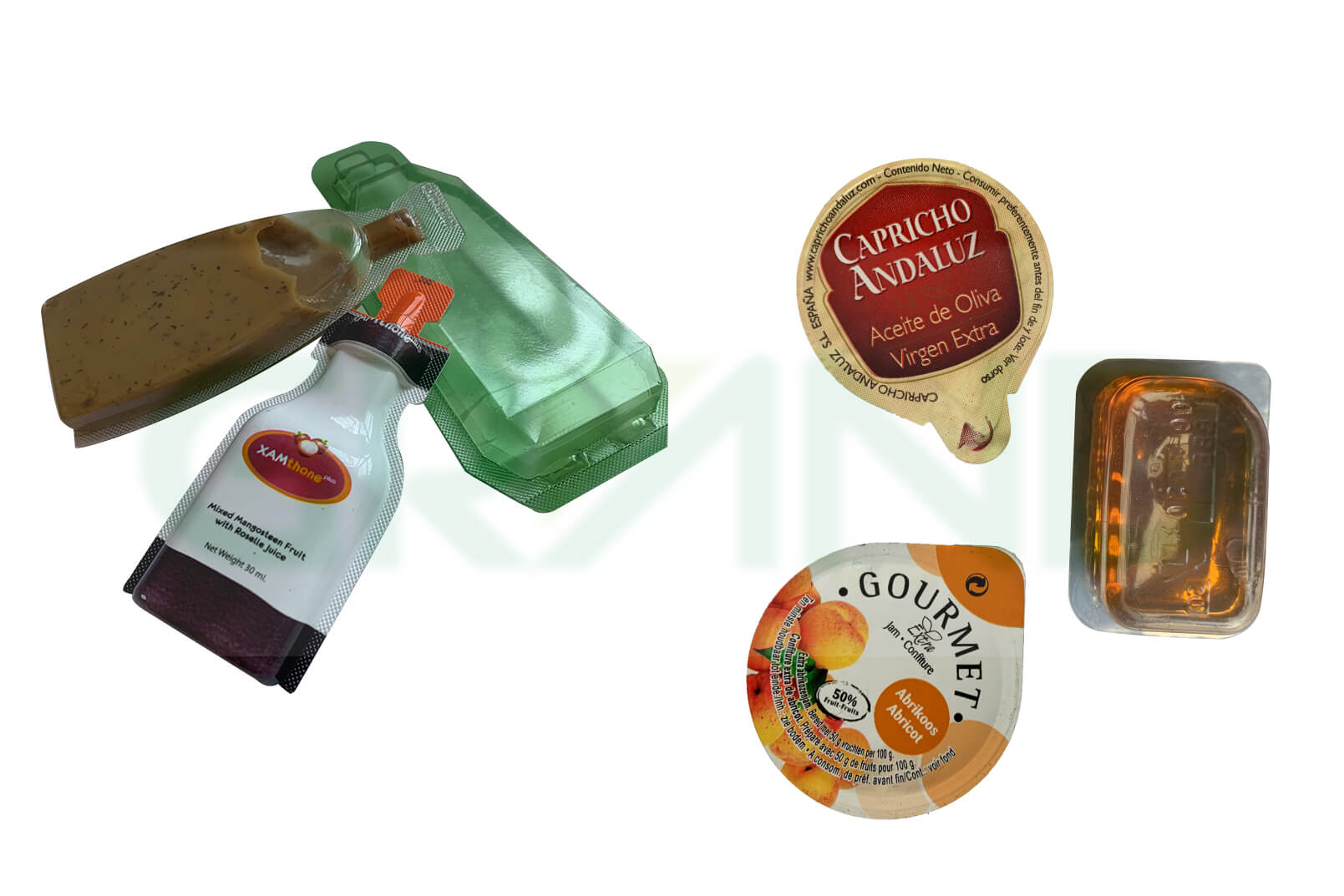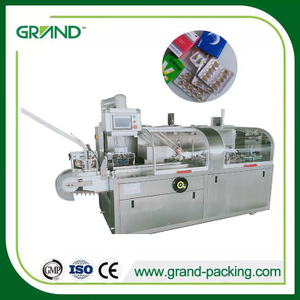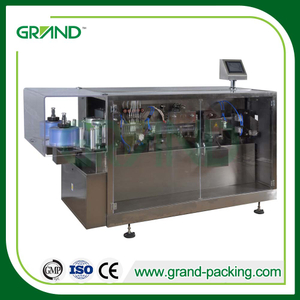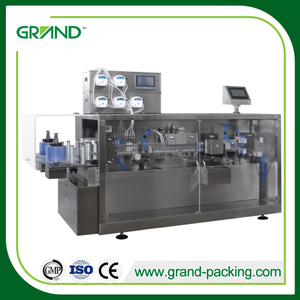In food or beverage industries, package is as important as products. Package cannot only attract consumers, but also protect products during transport. In addition, it can extend the shelf life of fresh farm produce and avoid waste.
As people pay more and more attention to sustainable and sanitary products and technologies develops, packaging industry changed a lot in the past year.
How will food and beverage packing industries develop in the future? FoodBev makes a prediction to the 2020’s trend of these industries.
Sustainable: recyclable, degradable and edible
Sustainable package might be one of the most important streams flowing over the full food and beverage industries. There is no doubt that consumers focus more and more on environment protection so that the stream will expand in this year.
In 2019, a lot of food producers of big or small scale are devoted to provide 100% recyclable materials for their packages. For example, New Zealand’s Fonterra, the 6th biggest dairy producer in global, promised that they would have had all of their products packed by totally recyclable materials by 2025 for reuse or compost. And Bel UK, a food brand in UK released original and light Leerdammer cheese slices which are packed in totally recyclable materials, in 2019.

Recyclable package is one of the way to protect environment and reduce consumers’ doubt. Therefore, a number of enterprises are developing other environment-friendly packages further. Some new packages are made from degradable or compostable materials. For instance, packages for British Qualvis vegan chocolates are made from completely compostable materials. Besides, cooperation of Finland’s Fazer and Sulapac provides Fazer with compostable package boxes without micro plastics for its handmade pralines.

However, how can wasting packages be upgraded? FoodBev predicted that by 2020, edible packages would increase drastically. Lately, some edible paper has been used in food package. Those materials are usually made from rice paper, seaweed or potato. Also, enterprises attempt to develop more edible materials.
Not long ago, Air New Zealand cooperated with Twiice, New Zealand’s local enterprise, and invented edible coffee cups. Those cups were made from corn and paper and could reduce use of disposable cup.

More and more enterprises intend to develop sustainable compostable and edible materials so that more sustainable packages and less disposable materials will appear in 2020. Influenced by sustainable production and manufacturing, sustainable package will be one of the most important trend in the 2020’s food and beverage industries.
Advanced technologies: VR interaction, online trace and shelf life extend
It is not doubtful that advanced technologies have changed food and beverage industries a lot in the past several years. Just as what was said by Alexandre Carvalho from Tetra Pak, package provides great potential for personality and consumers’ feeling and surprises them.
In this year, consumers can participate into interactions through package, especially when AR is developed. According to a research of Kezzler, interactive AR packages increased by 120% and are popular among consumers of new generation. This is because they can attract consumers through games and interactions.
In early 2019, Bombay Sapphire, a gin brand worked together with Zapper to show how AR technology could upgrade packages and increase interaction between producer and consumers. Consumers can scan the bottle through their phone camera and then entered the enterprise website, on which consumerscan read cocktail formula and watch relevant videos.
Except for new technologies to increase interactions, advanced technologies can be helpful with transparency of food supply chain. For example, in April 2019, Nestle collaborated with Carrefour to enables consumers to use blockchain technologies to trace origin and production of Mousline mashed potatoes.

Such a technology enables consumers to scan QR code on product package with their phones and enter a safe platform, on which they can learn information about product supply chain. The information include product constituents, manufacturing date and place, quality inspection and storing place and date before it is on shelf.
We don’t know what other innovations will appear this year but we are sure that some exciting progress will be made. For example, Stixfresh, a Malayan enterprise, claimed that its sticks can prolong shelf life of fruits to 14 days. it has been an interesting topic that how packaging technologies will develop to solve problems of food wasting and environment pollution.
Transparency: clear label and material transparency
According to research of Bizongo, 38% consumers are more willing to buy new products which give them clear product information. As consumers more and more take product information into consideration, brands should pay full intention to their products and ingredients.
In early 2019, Tipa, a compostable packing company, pointed out that almost half British consumers (48%) were looking forward to non-plastic packing products. Also, 49% consumers thought that labels should be introduced to mark package compost.
Not only package information, but also literal transparent material, shows such transparency. Recently, more transparent packages are produced by semi-transparent materials so that consumers can know how products are like.
Bonduelle, a vegetable processing company, released new Harvest Bowl set meal. Consumers can enjoy hot lunch even during travel. Bonduelle indicated that importance is attached to product transparency, no human-made preservative or flavor.

Product freshness and material independence are another goals of package. Transparent packages can show the goods clearly, which conforms to the goal of clear labels.
Consumers’ needs on clear labels have been promoting transparency of food packing industry. And this trend will continue in 2020.
Up to now, the environmental protection material used on our machine is the PET material, the machine that it can be applied are as following:
Plastic ampoule forming filling and sealing machine
Blister packing machine


 English
English
















